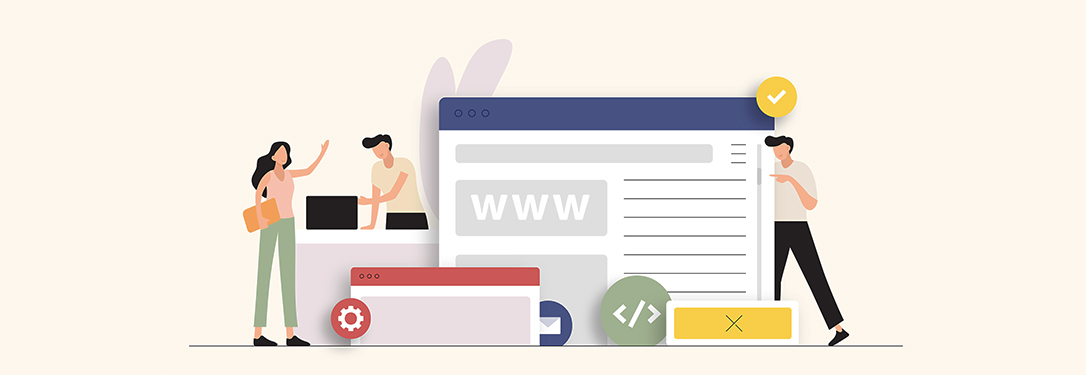
VoIP, an acronym for Voice over Internet Protocol, is a technology that allows you to make and receive phone and video calls over the Internet instead of a landline.
If you have an Internet connection, you can call anyone without traditional local phone service or physical copper wires. All you need is high-speed internet and a VoIP service provider to handle calls.
A trusted VoIP provider can handle everything for you. Plug in your IP phone and you're done. These digital phones use your high-speed Internet connection to establish the connection. VoIP converts your phone calls into data sent over the Internet. It costs much less than the old phone system. VoIP offers many advantages over traditional telephone service.

Voice over Internet Protocol bypasses the phone company entirely. You can use VoIP wherever you have a broadband internet connection.
This is a major upgrade from the analog phone system.
You used to need expensive proprietary equipment to use VoIP — but that was over 20 years ago! Today, VoIP is built on open standards such as the Session Initiation Protocol (SIP). SIP provides complete interoperability between different desk phones, conference phones, and VoIP applications. The cloud-based PBX handles functions such as voicemail, conferencing and call routing. They are like full-service phone companies that you control yourself. All you need is a broadband internet connection (cable, DSL or fiber) and you'll get all the benefits of VoIP.
